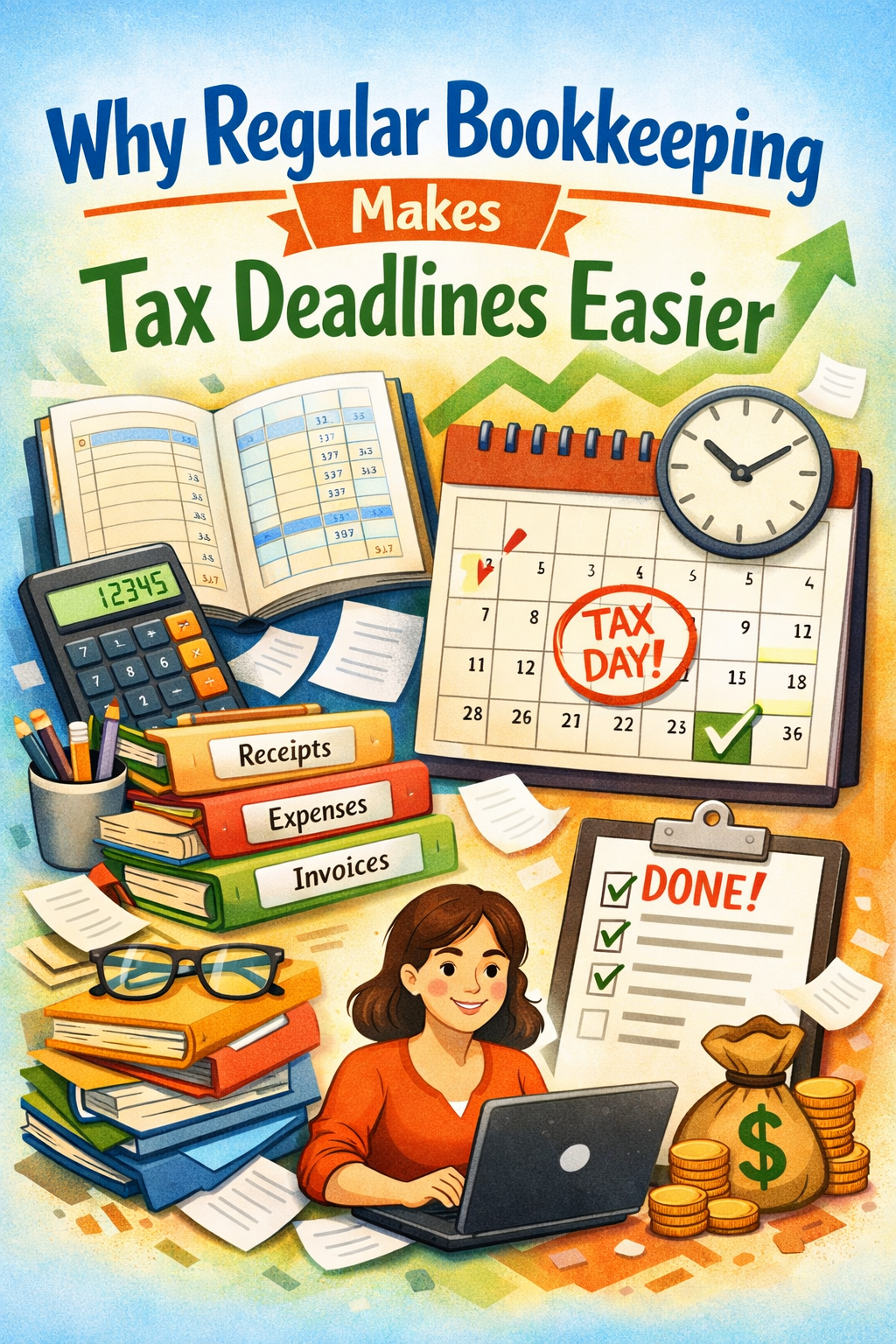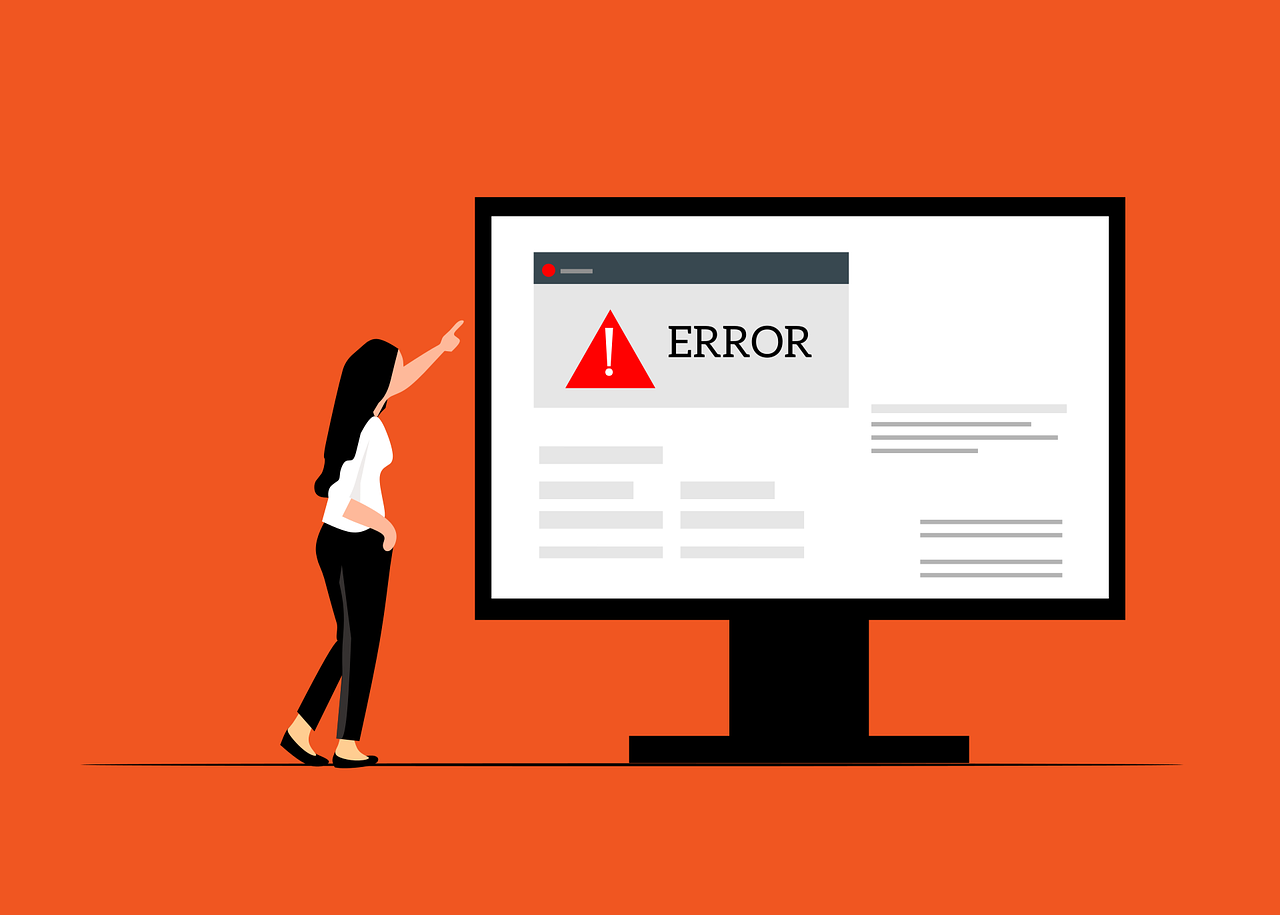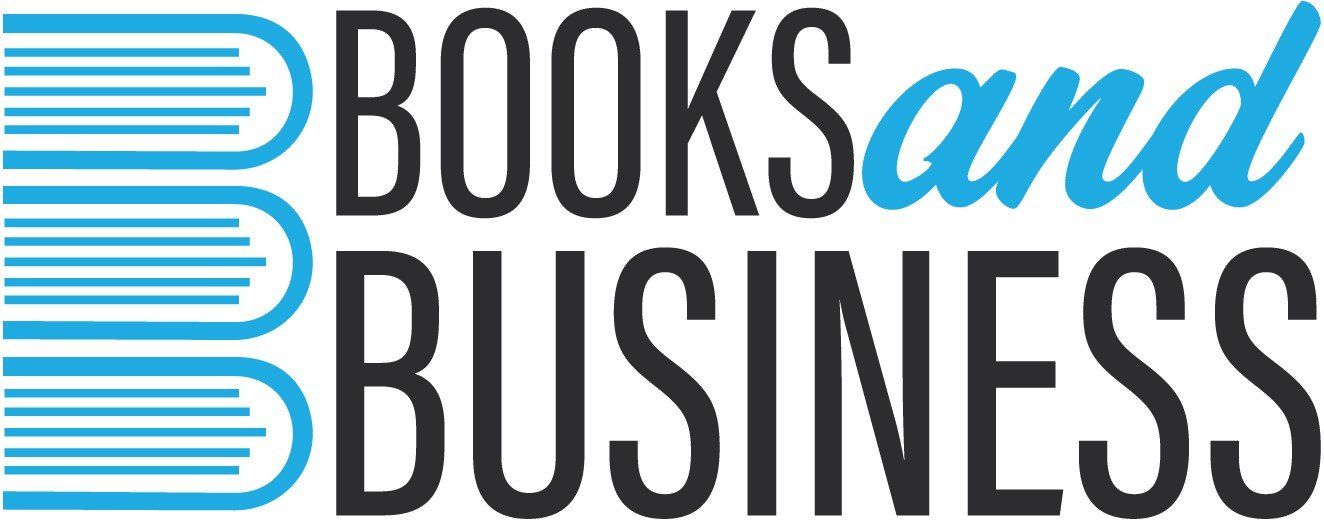Common mistakes made when you do your own bookkeeping
Without getting into the technical side of bookkeeping we thought we would flag up some of the more common errors made when business owners decide to take on the task of doing their own bookkeeping.
However, before we get into it, we aren’t suggesting you shouldn’t do your own bookkeeping, but we have found that in the long run it can actually save a business time and money to pay for someone who is experienced in bookkeeping, to give you a hand. We have written a separate blog on "why you need a bookkeeper", read it here for the different levels of support you could receive from a bookkeeper; from training through to a full bookkeeping service depending on your business needs.
So, lets kick off with the most obvious error and number 1 on our list:
1 – an incorrect entry
Obvious right, and it sounds so simple but a wrong date, amount or wrongly named item can cause so many problems including making your accounting software not work correctly. When your business bank account is connected to you accounting software the software will match the amounts on your bank to the receipts you have entered, as long as they are entered with the correct information. Therefore, if you have entered any of these incorrectly the amount won’t match, and it will be added again. One wrong date or an accidental typo can lead to you having to manually go back over every entry to try and find where the error has come from, which can be a timely and frustrating mistake.
2- separate business and personal accounts
Having your personal and business transactions in the same place can be a nightmare, not only do you have to spend time separating out what is personal and what is business but having everything in one place makes it easy to miss things you should be accounting for. We recommend always keeping business and personal bank accounts separate. It removes the confusion of what belongs to you personally and what you’ve earned through your business. Splitting these transactions correctly is important as it can impact the information you declare on your tax to HMRC.
3 – ad hoc bookkeeping
When bookkeeping isn’t done regularly it often leads to errors and inaccurate information as the work builds up and up and before you know it, it’s all that is occupying your mind which then leads to a rushed job to get it all done in time. We all know what happens when you rush a job - mistakes are going to happen! If you want to do your own bookkeeping it really is a regular weekly or monthly task that needs to be strictly kept on top of. When you leave your bookkeeping until the last minute you don’t have an up-to-date accurate financial position of your business therefore making it impossible to make realistic decisions about the financial future of your business.
4 – not understanding your accounting software properly
There are many accounting software packages available since the introduction of MTD, which if used properly can make your bookkeeping super-efficient as well as saving you time but we often find people are not using this software correctly. We suggest regular training on your chosen software to ensure you are using it not only correctly but to its best ability relevant for your business. Here at Books and Business we offer training on QuickBooks, we can provide an ad hoc session or a more regular slot to ensure you are always getting the most of out of your software.
These are just a few general mistakes that we often find when undertaking an audit of a clients QuickBooks records. As already mentioned we can offer training on QuickBooks, we also offer an audit of your books and records to get things back on track so you can start a fresh, and of course there is our full bookkeeping service which we can tailor to your specific business needs. Send us an email with your requirements and we will get back to you with a plan of action including costs.




